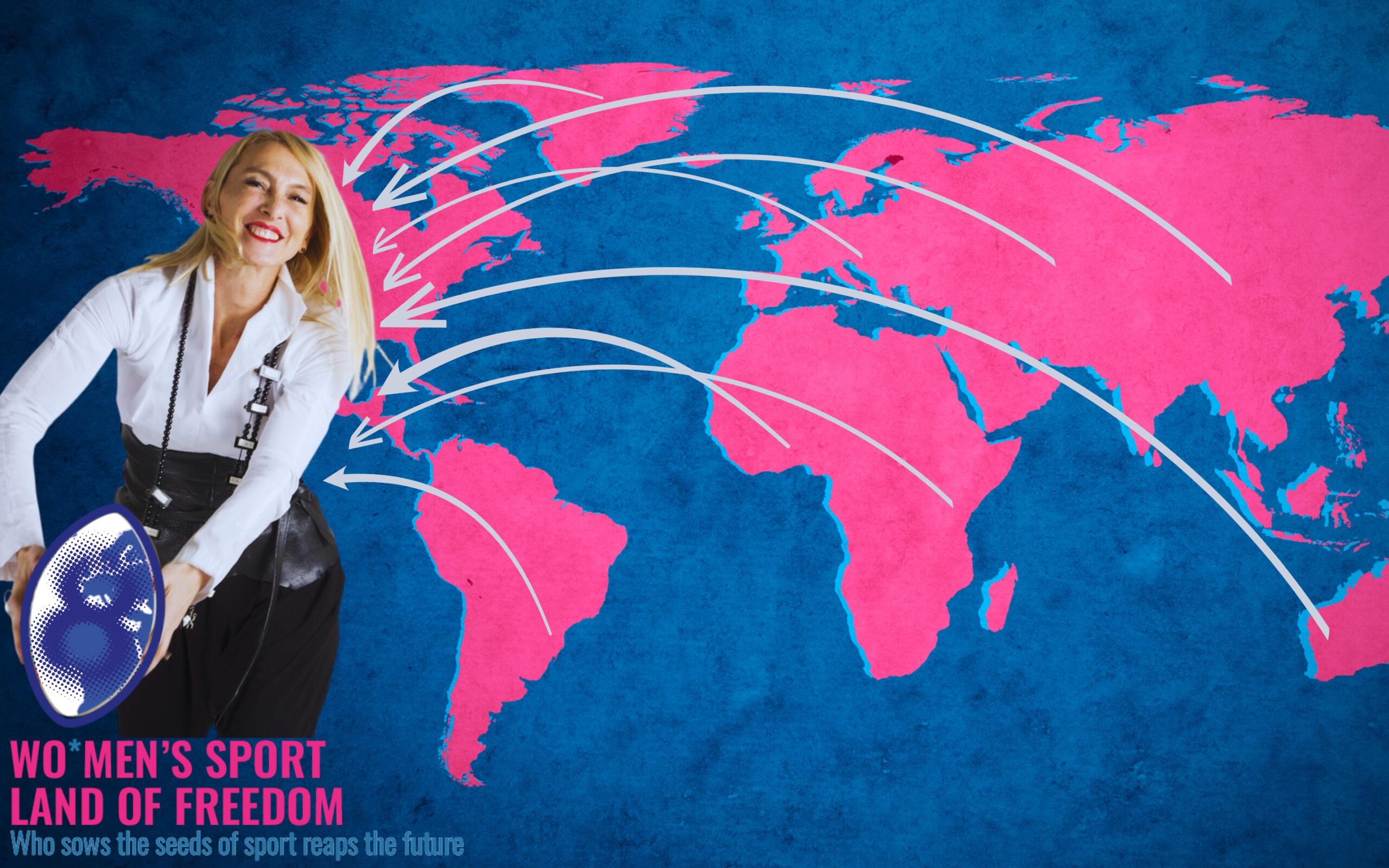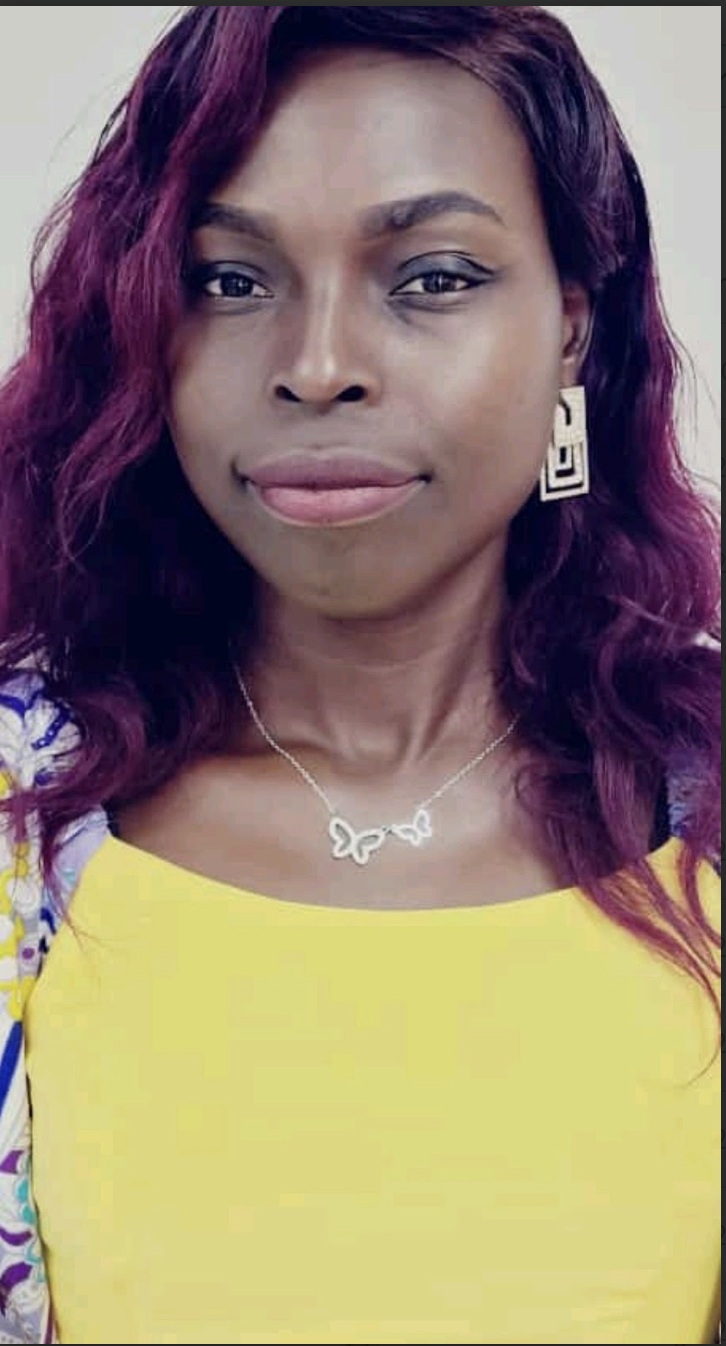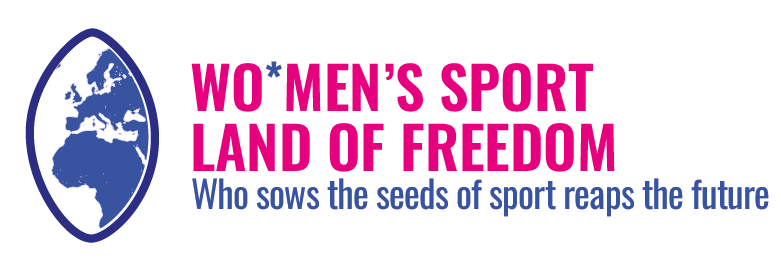
CÔTE D’IVOIRE: AT A CERTAIN POINT IN MY RUGBY JOURNEY, I TURNED TO REFEREEING WITH THE GOAL OF PROMOTING GENDER EQUALITY, AND IT WAS REALLY DIFFICULT AT THE BEGINNING
“At a certain point in my rugby journey, I turned to refereeing with the goal of promoting gender equality, and it was really difficult at the beginning.”

Thanks to:
Guei Paule Ella
Board member at the Ivorian Rugby Federation in charge for the Women’s sector
- The history of the women’s movement in Côte d’Ivoire
- Testimonials
- Reading time: 7 minutes
CÔTE D’IVOIRE - Find out more
Côte d’Ivoire is a presidential republic in West Africa with about 31.5 million inhabitants in 2024, of whom around 47.8% are women. Their political representation remains limited: only 13.4% of parliamentary seats are held by women, despite electoral laws introduced in 2019 requiring at least 30% of female candidates on party lists. Female labor force participation is moderate (about 59%), compared to 74% for men. The country faces structural challenges: nearly 26% of women aged 20–24 were married or in union before age 18, and just under half of women of reproductive age use modern family planning methods.
(Source: data.unwomen.org; genderdata.worldbank.org; worldbank.org via TradingEconomics; IPU Parline; UNFPA; Wikipedia Demographics)
HISTORY OF THE COUNTRY
1. When did the women’s rugby movement start in your country and what is its history? How is rugby structured in your country?
The women’s rugby movement began in 2000, but only really took shape in 2020.
The story begins after Côte d’Ivoire’s participation in the 1995 Rugby World Cup. Methods were introduced to teach rugby in schools and universities across the country. Gradually, girls began to show interest, but struggled to establish themselves. That’s when we stepped in, fighting to further promote and develop the sport. We helped them overcome barriers and build confidence in themselves. We also relaunched the women’s movement, establishing a local women’s championship and taking part in international rugby competitions in Africa. There are 15 senior clubs participating in the women’s rugby championship in Côte d’Ivoire, as well as in cadet competitions. The senior teams are organized into leagues depending on their geographic area, while cadet and youth teams are managed by the National Technical Directorate in collaboration with the women’s committee.
2. Do you think playing rugby has a social impact for a woman in your country?
Yes, rugby has a significant social impact for women in my society. It has allowed many women to assert themselves, break out of silence and dependency, become leaders, interact with other communities, and integrate into society.
3. In your opinion, what can rugby give to women in your country?
Rugby can give women autonomy, help them enter the labor market against gender stereotypes, and instill a spirit of determination to face society’s challenges.
JOURNEYS THROUGH RUGBY
1. When did you start playing rugby and how did you discover it?
I started playing rugby in 2009. It was through my older sister, a sports teacher, that I first learned about the sport.
2. What has rugby taught you that has impacted your daily life? Can you give me an example of when a rugby mindset was useful?
Rugby has taught me values such as respect and determination, which today influence my daily life. At a certain point in my rugby journey, I turned to refereeing with the goal of promoting gender equality, and it was really difficult at the beginning. At that time, there were no women’s competitions, and I had to referee men’s senior matches. I often received unpleasant and offensive comments from players, fans, and club officials aimed at making me quit. However, I stood firm in my decisions and worked hard to improve as a referee while encouraging other girls to play rugby. Today, my determination and perseverance have led to several girls joining refereeing, coaching, and playing.
3. Can you give me 3 words that connect rugby to freedom?
Respect – Fair Play – Perseverance.
4. What does live in a land of freedom mean to you?
It means living in a balanced environment that respects others’ values and principles.
5. What object represents you and why? What is an aphorism that guides your life?
The eagle, because it always soars above others and because it is fierce. Setting goals and giving yourself the means to achieve them.
